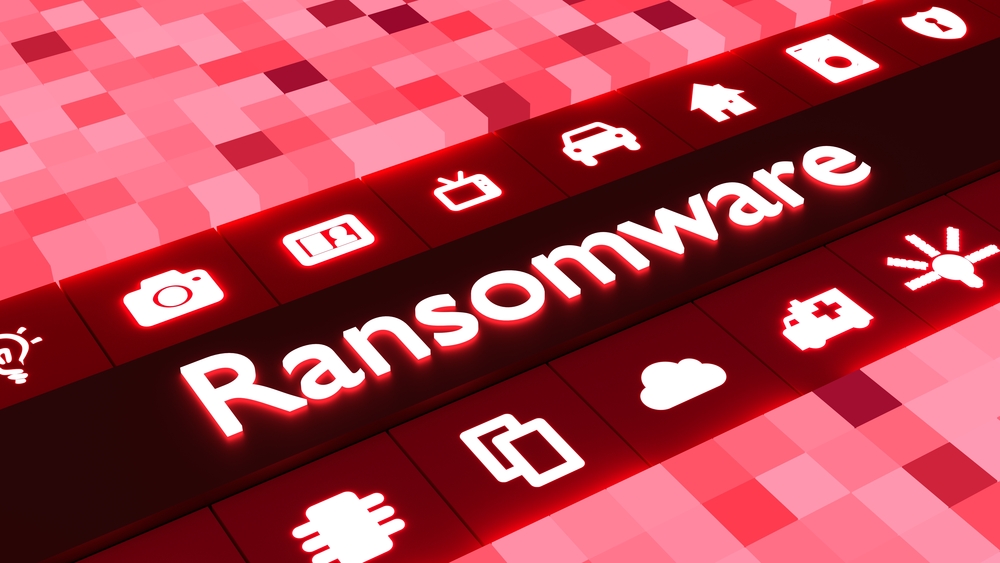Bitdefender releases free MortalKombat ransomware decryptor tool
While still a relatively new strain, MortalKombat has been used extensively to target users and steal cryptocurrency


Bitdefender has released a free decryption tool for the MortalKombat ransomware strain which has risen to prominence in recent months.
First observed by Cisco Talos researchers in January, the strain has been used to target a raft of victims in the UK, US, and further afield to steal cryptocurrency.
In a blog post on 28 February, Bitdefender said the decryption tool can be “run silently” through a command line. The company added that this could enable automated deployment in large networks if needed.
The decryptor does not require installation on infected systems and scans a device filesystem to identify specific files infected by the ransomware strain. Users are also able to create backups of encrypted files as a contingency.
This marks the latest in a series of decryptor tools rolled out by Bitdefender in recent years. The company previously released decryptors for REvil and GandCrab ransomware strains.
How does MortalKombat work?
Based on the Xorist ransomware strain, MortalKombat is typically spread through phishing emails and targets exposed remote desktop protocol (RDP) instances, Bitdefender said.
A recent study from Cisco found that the initial infection vector for MortalKombat often takes the form of a phishing email in which attackers impersonate CoinPayments, a cryptocurrency payment gateway and wallet.
Get the ITPro daily newsletter
Sign up today and you will receive a free copy of our Future Focus 2025 report - the leading guidance on AI, cybersecurity and other IT challenges as per 700+ senior executives
Emails targeting users often contain a spoofed sender email, luring in unsuspecting victims.
RELATED RESOURCE

The near and far future of ransomware business models
What would make ransomware actors change their criminal business models?
“A malicious ZIP file is attacked with a filename resembling a transaction ID mentioned in the email body, enticing the recipient to unzip the malicious attachment and view the contents, which is a malicious BAT loader,” researchers explained.
Once embedded within an infected machine, the ransomware strain targets user crypto wallets and tracks user activity to identify wallet addresses.
If successful in identifying a crypto wallet address, this is transferred to the attacker’s server and swapped with a malicious address to compromise future transactions. Affected users are met with a ransom note and their device wallpaper is changed to an image from the Mortal Kombat game series.
Little is known about the ransomware’s developers and operating model, according to researchers. However, the ransomware was first observed in a financially-motivated campaign of attacks which harnessed a new version of the Laplas Clipper malware written in Go.
“The name of the ransomware and the wallpaper it drops on the victim system are almost certainly a reference to the MortalKombat media franchise, which encompasses a series of popular video games and films,” a Cisco Talos blog post read.

Ross Kelly is ITPro's News & Analysis Editor, responsible for leading the brand's news output and in-depth reporting on the latest stories from across the business technology landscape. Ross was previously a Staff Writer, during which time he developed a keen interest in cyber security, business leadership, and emerging technologies.
He graduated from Edinburgh Napier University in 2016 with a BA (Hons) in Journalism, and joined ITPro in 2022 after four years working in technology conference research.
For news pitches, you can contact Ross at ross.kelly@futurenet.com, or on Twitter and LinkedIn.
-
 Should AI PCs be part of your next hardware refresh?
Should AI PCs be part of your next hardware refresh?AI PCs are fast becoming a business staple and a surefire way to future-proof your business
By Bobby Hellard
-
 Westcon-Comstor and Vectra AI launch brace of new channel initiatives
Westcon-Comstor and Vectra AI launch brace of new channel initiativesNews Westcon-Comstor and Vectra AI have announced the launch of two new channel growth initiatives focused on the managed security service provider (MSSP) space and AWS Marketplace.
By Daniel Todd
-
 ‘Phishing kits are a force multiplier': Cheap cyber crime kits can be bought on the dark web for less than $25 – and experts warn it’s lowering the barrier of entry for amateur hackers
‘Phishing kits are a force multiplier': Cheap cyber crime kits can be bought on the dark web for less than $25 – and experts warn it’s lowering the barrier of entry for amateur hackersNews Research from NordVPN shows phishing kits are now widely available on the dark web and via messaging apps like Telegram, and are often selling for less than $25.
By Emma Woollacott
-
 Healthcare systems are rife with exploits — and ransomware gangs have noticed
Healthcare systems are rife with exploits — and ransomware gangs have noticedNews Nearly nine-in-ten healthcare organizations have medical devices that are vulnerable to exploits, and ransomware groups are taking notice.
By Nicole Kobie
-
 Alleged LockBit developer extradited to the US
Alleged LockBit developer extradited to the USNews A Russian-Israeli man has been extradited to the US amid accusations of being a key LockBit ransomware developer.
By Emma Woollacott
-
 February was the worst month on record for ransomware attacks – and one threat group had a field day
February was the worst month on record for ransomware attacks – and one threat group had a field dayNews February 2025 was the worst month on record for the number of ransomware attacks, according to new research from Bitdefender.
By Emma Woollacott
-
 CISA issues warning over Medusa ransomware after 300 victims from critical sectors impacted
CISA issues warning over Medusa ransomware after 300 victims from critical sectors impactedNews The Medusa ransomware as a Service operation compromised twice as many organizations at the start of 2025 compared to 2024
By Solomon Klappholz
-
 Warning issued over prolific 'Ghost' ransomware group
Warning issued over prolific 'Ghost' ransomware groupNews The Ghost ransomware group is known to act fast and exploit vulnerabilities in public-facing appliances
By Solomon Klappholz
-
 The Zservers takedown is another big win for law enforcement
The Zservers takedown is another big win for law enforcementNews LockBit has been dealt another blow by law enforcement after Dutch police took 127 of its servers offline
By Solomon Klappholz
-
 There’s a new ransomware player on the scene: the ‘BlackLock’ group has become one of the most prolific operators in the cyber crime industry – and researchers warn it’s only going to get worse for potential victims
There’s a new ransomware player on the scene: the ‘BlackLock’ group has become one of the most prolific operators in the cyber crime industry – and researchers warn it’s only going to get worse for potential victimsNews Security experts have warned the BlackLock group could become the most active ransomware operator in 2025
By Solomon Klappholz